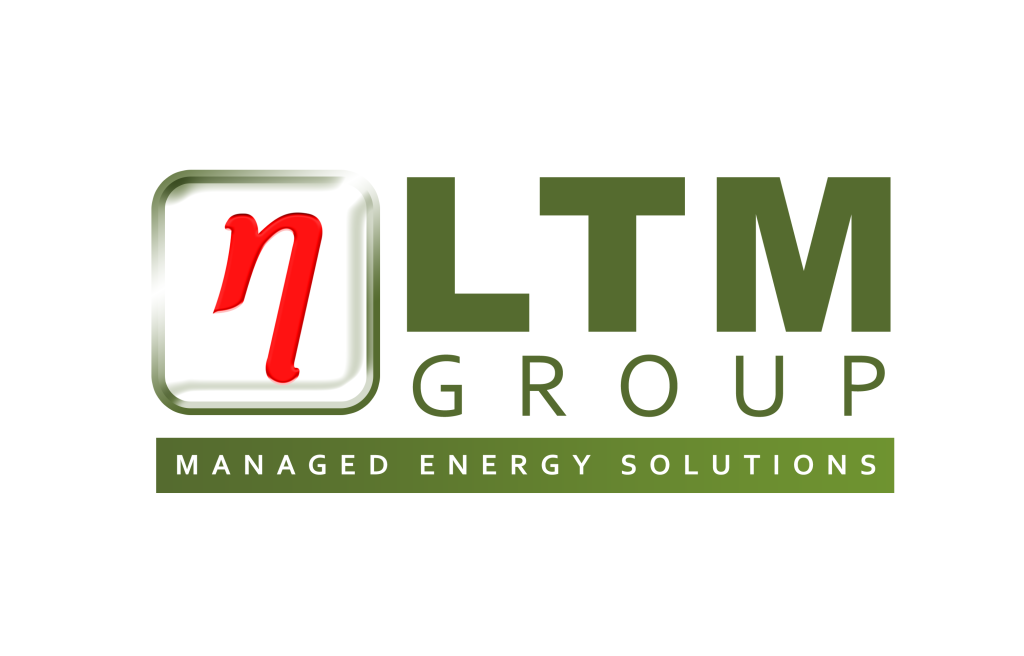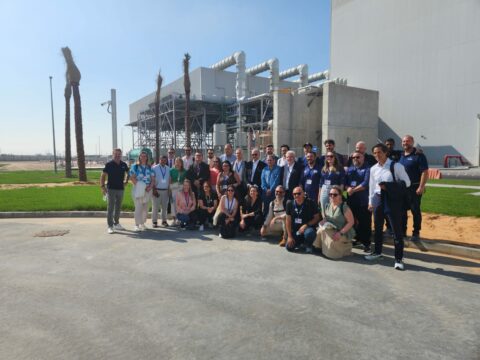Sunday Times Green PR
Alliance Energy
EPCs are a measure of how well a building performs against a reference in statutory documents after an inspection and verification process has been completed. It is used to drive energy efficiency improvements and serve as an independent confirmation of energy usage to potential tenants and building owners. EPCs may only be issued by Inspection Bodies that have been accredited by the South African National Accreditation System (SANAS).

Alliance Energy, a subsidiary of the LTM Energy Group, is the second Inspection Body to have been accredited by SANAS and is the first black woman-owned company to issue EPCs in the country. Alliance Energy’s MD, Vash Singh, foresees a great opportunity ahead for individuals and businesses within the energy sector. Young professionals and graduates with ambitions to be a part of the energy efficiency solution are sure to benefit.
“I have worked in various industries throughout my career and have found my passion in the energy sector. It is a dynamic field with an increasing international focus, and there are numerous opportunities. However, I believe it is important that those of us who are established in the industry must go the extra mile to empower and encourage emerging enterprises, especially youth- and women-owned entities. We are likely to face a shortage of skilled individuals during the implementation of the EPC process, so we must welcome and nurture people into the broader energy sector”, stated Alliance Energy’s MD, Vash Singh.
Who needs a certificate?
The gazetted regulations apply to non-residential buildings with a net floor area of at least 2,000 m² in the private sector (schools, offices, theatres, etc.), and 1,000 m² for government buildings. Their EPC must be displayed at the building entrance, preferably targeting at least a D-rating. The categories that are required to comply are offices, entertainment facilities, educational institution buildings, and places of public assembly such as sporting facilities and community centers. The main objective of EPC regulations is to make building owners aware of their energy consumption and to encourage them to become more energy efficient, particularly if their EPC
rating is poor i.e., Levels E to G. Buildings account for between 30-40% of carbon emissions globally, therefore EPC programs are necessary. Some parts of the world have been running successful EPC programs, right down to residential level, improving energy efficiency and thereby reducing fossil fuel consumption while curbing carbon emissions. Alliance Energy and the issuing of EPCs in South Africa are sure to aid the country reach its climate change mitigation goals.
“Fostering new talent in the energy sector is sure to assist South Africa in reaching its climate change mitigation ambitions. Facilitating the improved energy performance of our buildings is a worthy career with ample business opportunities; our upcoming professionals and entrepreneurs have fulfilling prospects to look forward to in the EPC industry”, added Vash Singh.
Contact Alliance Energy for more information on 010 085 2850, contact@aepc.co.za or www.aepc.co.za.





